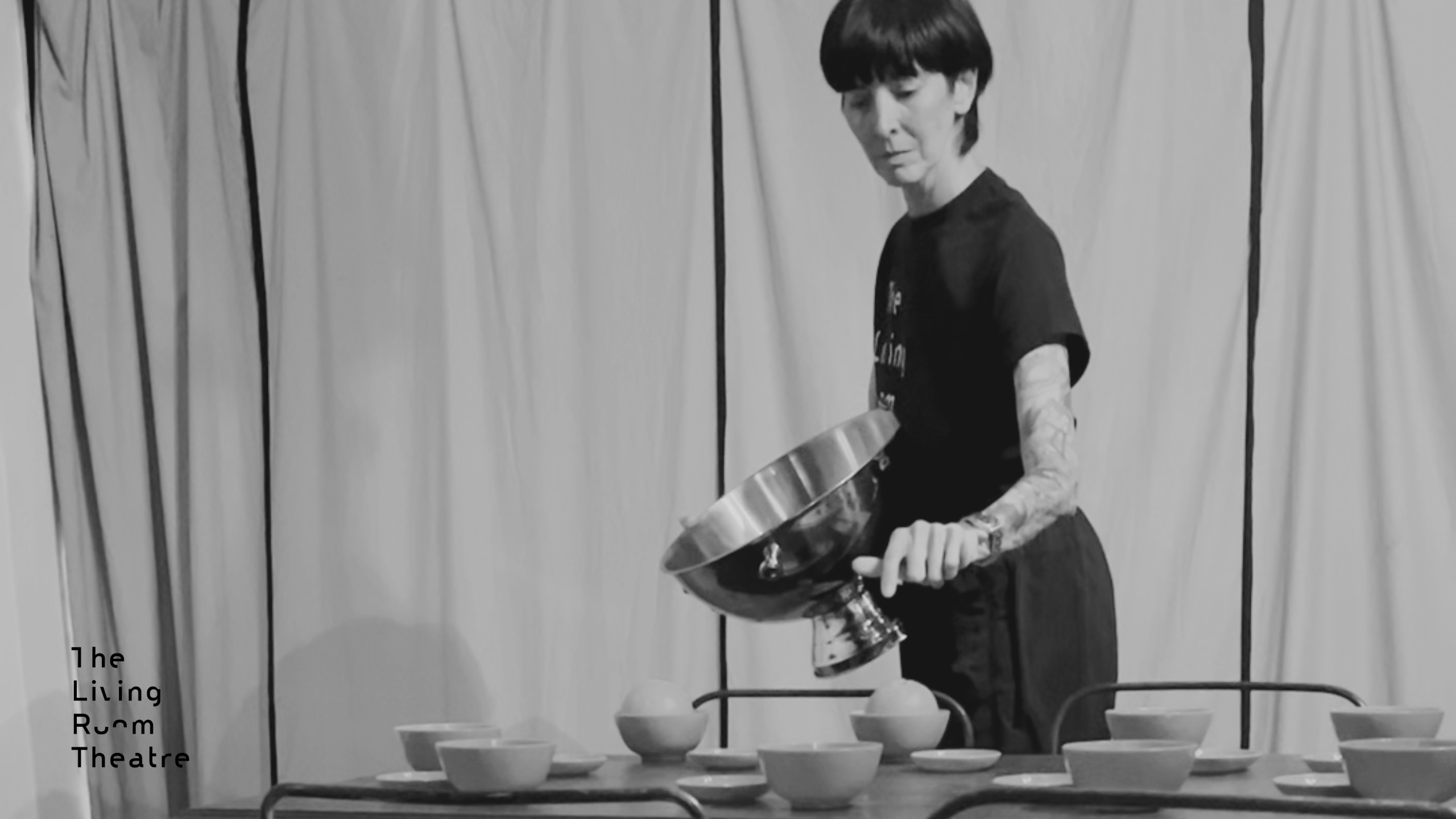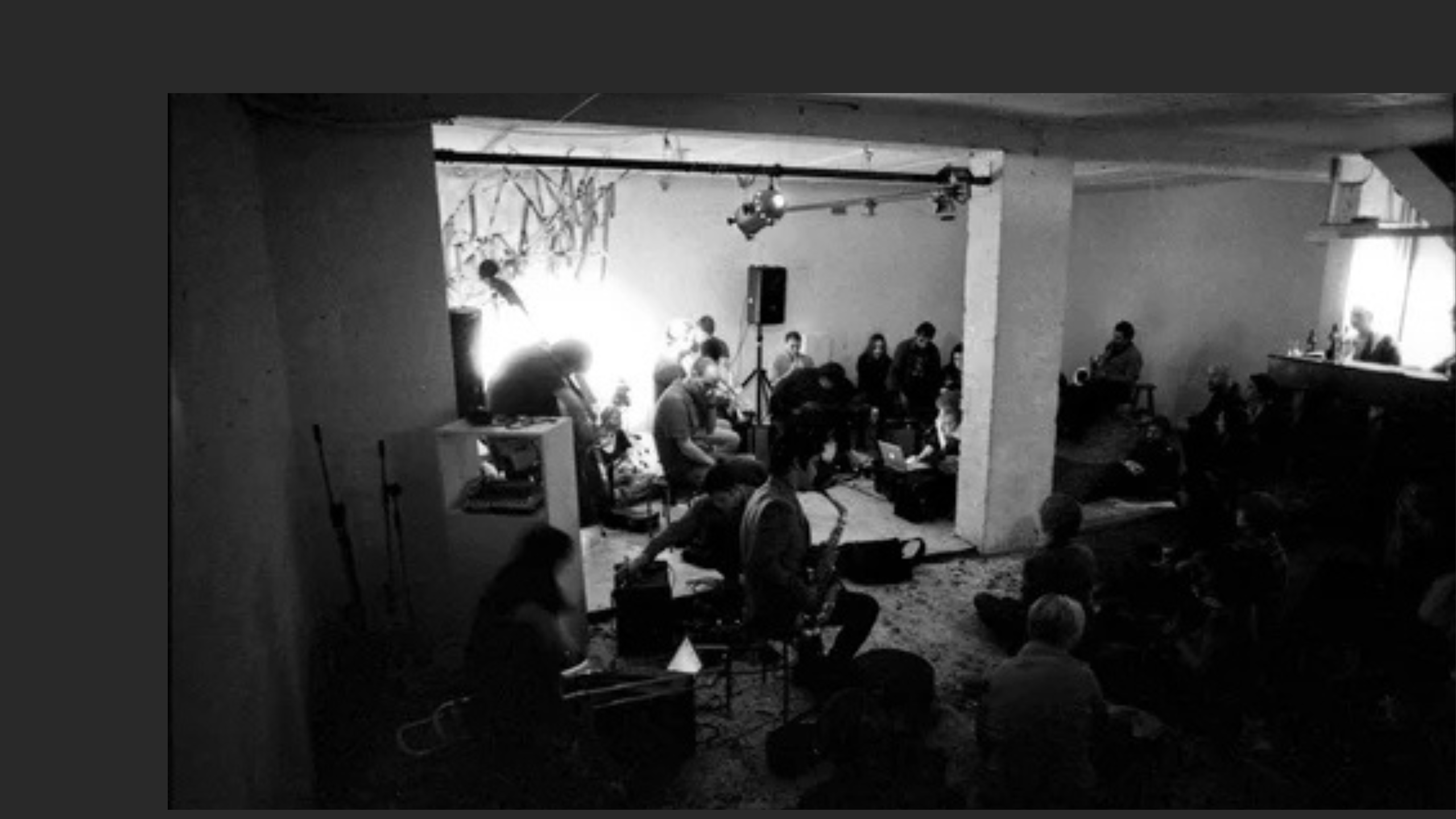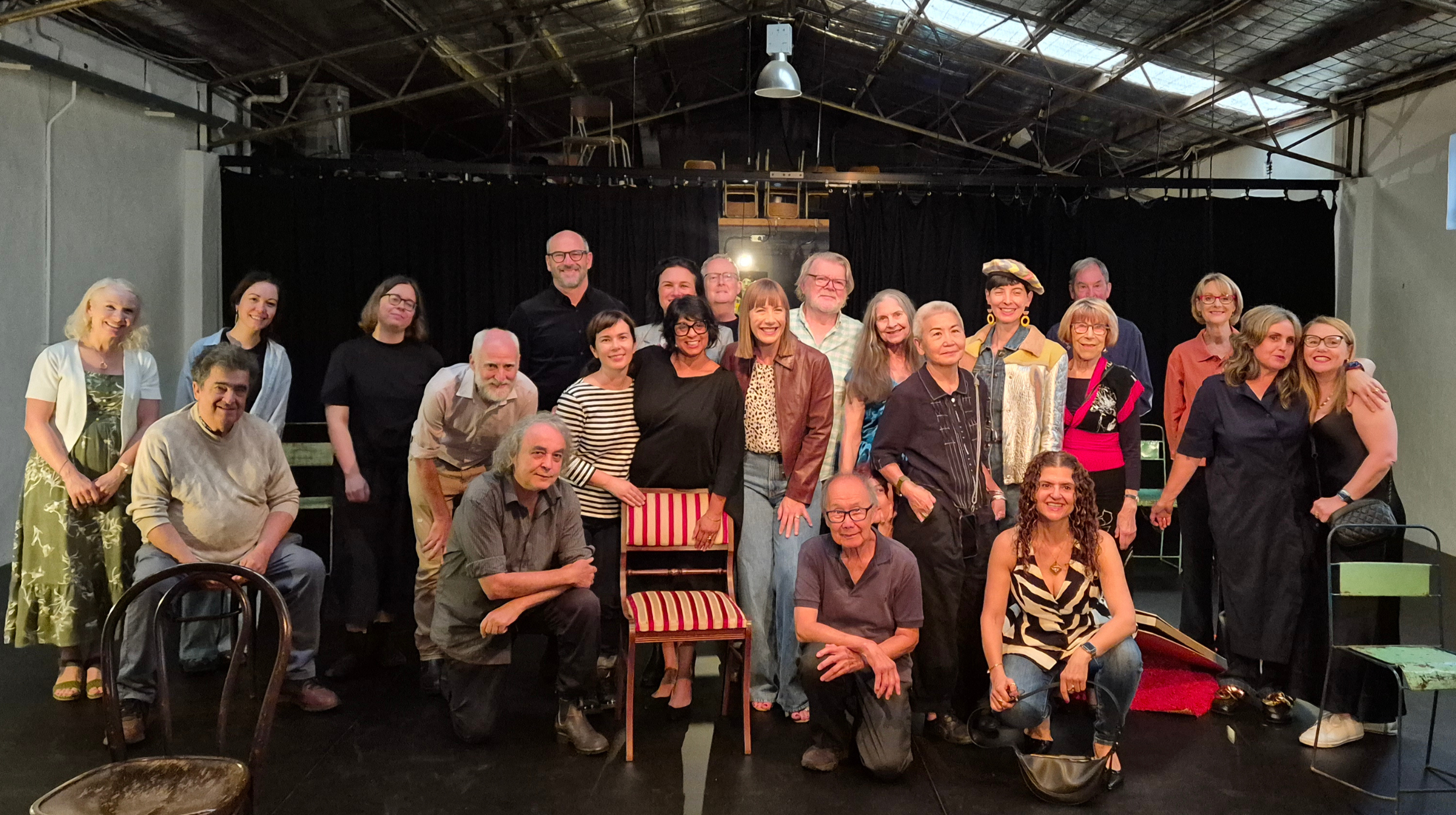
The elephant gave me his memory
04.12.2017
words by Michelle St Anne
My week with Kari Marie Norgaard
I have been so fortunate to be able to secure Kari Marie Norgaard as a Visiting Fellow on the project ‘Anastasia’. In my day-job I am lucky to be exposed to the work of many academics, but not many have surpassed the compassion, scholarly rigour and agility as Kari does. Her generosity of both her spirit and intellect, in addition to her inspiring approach with community engagement has left me quite overwhelmed.
Why the love…? Because she holds a mirror to my own experience so gently.
Kari was invited to join the project before I knew much about her work. Kari’s research explores climate change denial through the metaphor of ‘the elephant in the room’. Of course, this idea was too delicious for me to ignore, and has since become the enduring image for the production of ‘Lola stayed too long’.
To make ‘Lola’ – a work about denial, I had to understand what denial means to me. Understand how it exists in my world and how I process it.
I spent a weekend with Kari’s book ‘Living in Denial’ where she takes you on a journey through the everyday lives of the people of a rural town in western Norway, during an unusually warm winter of 2001 – 2002. The keen insight and compassion in which she tells these stories opened up a new angle of understanding denial and how it manifests in your (my) everyday life. I felt a sense of deep unease after putting the book down.
Since Kari joined me in Sydney, I have listened to her give public talks and have been privy to conversations between academic colleagues and students. I welcomed several opportunities to have my own conversations with her and during these conversations, I have reflected on my own unease of denial and how I have processed this for decades. I found that she held a mirror up to my own denial ever so gently.
2am in the middle of Kari’s visit
I had the privilege of being with my father-in-law when he died. It was over a year ago now and I can still hear his last exhalation. A sound so profuse, so haunting. It’s the space in that exhalation that I cannot reconcile.
He passed on the 18 September at 7.36 in the evening. Like I have always done in a moment of extreme trauma, when whatever was happening in the room was too awful to consider, I took myself to somewhere else. That night it was the clock. If I could record the date and time, then this grief was real. The death was real…something concrete.
By reading Kari’s Norgaard’s book Living in Denial, I realised that was really what I was doing –I had trained myself to live in denial. Grappling desperately at something outside the moment so I could deny what I was actually feeling. It doesn’t mean I wasn’t showing any emotion. It didn’t stop me from feeling but it anchored me to a moment. I knew that the moment would pass. But what I didn’t know is that the memory wouldn’t.
I had taught myself the technique of dissociation very early on. I can remember as far back as when I was two. When I noted the milk on the floor, the smell of dinner…curry permeates the air…the angle of light on the floor. As I got older it was the rhythm in which my grandmother left the room…the pattern on the kitchen table, my legs, his legs and then I could depart again. Where the curtains flew into the outside lane and the clouds drifting over the neighbours roof.
The moments passed, but the memory still remains and this is how the elephant gave me his memory.
In her book Norgaard goes into extreme detail about the uniformity of the Bygdaby.* The house all similar in size, quality and status (Norgaard, 2011, 16). She outlines the buildings, the day to day however in this tidy town something sinister lies under the surface. The denial that climate change is part of their everyday lives but they continue to go about life as if “all is well” (Norgaard, 2011). The snow is two months late, and the ice is not freezing hard enough for ice fishing – they see their everyday changing, but it is not enough for them to become involved in climate change action. Denial is a way of protecting themselves from what is happening – protecting their emotions just a little bit (Norgaard, 2003, 128).
I became this kind of artist so I could communicate the unspeakable. I could have a group of people sit with me on my terms; I had their minds, their compassion for that one hour or so. I am able to help them see what I see and how I perceive the world around me. I can provide the sights and sounds so they can tap into their own imagination, their own sense memory and from that, draw parallels between my world and their lives. They could see themselves in me. This is how I see the power of art.
Moments pass. Memories and experience remain.
*‘Bygdaby’ is a fictional name of an actual rural community in Western Norway that Norgaard used to protect the identity of her research participants.
Bibliography
Norgaard, Kari Marie. (2003). Community Place and Privilege: Double Realities, Denial and Climate Change in Norway. PhD dissertation, Department of Sociology, University of Oregon.
Norgaard, Kari Marie. (2011). Living in Denial: Climate Change, Emotions and Everyday Life. The Massachusetts Institute of Technology Press: Cambridge, Massachusetts and London, England.
Photo: Christopher Wright
This article contributes to the research of the Anastasia Project and was originally published by the Sydney Environment Institute at the University of Sydney.


